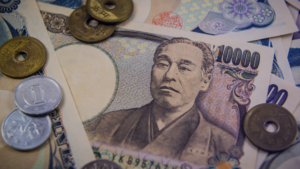Asian markets opened the week with mixed performance, as investor focus turned to the upcoming U.S. election and its potential effects on the global economy. With major Asian indices moving between gains and losses, the market mood remained cautious as traders considered the economic shifts a new U.S. administration might bring.
Japan’s Nikkei 225 and Hong Kong’s Hang Seng Index initially posted gains but showed volatility throughout the day. Investors weighed the possible effects of the election outcome on trade, tariffs, and foreign investment, with many treading carefully given the uncertainties. Meanwhile, Chinese stocks held a steadier pace as optimism surrounding the nation’s economic recovery and policy support continued to underpin market sentiment.
Globally, markets are particularly sensitive to the U.S. election’s results, which could shape U.S. fiscal policies and influence decisions on inflation, interest rates, and regulatory measures. Analysts suggest that a decisive result could stabilize markets and improve investor confidence, while a delayed or contested result might increase volatility as risk aversion rises. As the week continues, U.S. political updates remain a key focus for traders, with sectors like technology, healthcare, and trade policy closely watched. The fluctuating performance in Asian markets highlights the global economic implications tied to U.S. politics, with investors remaining on alert for shifts in trade and policy dynamics.













